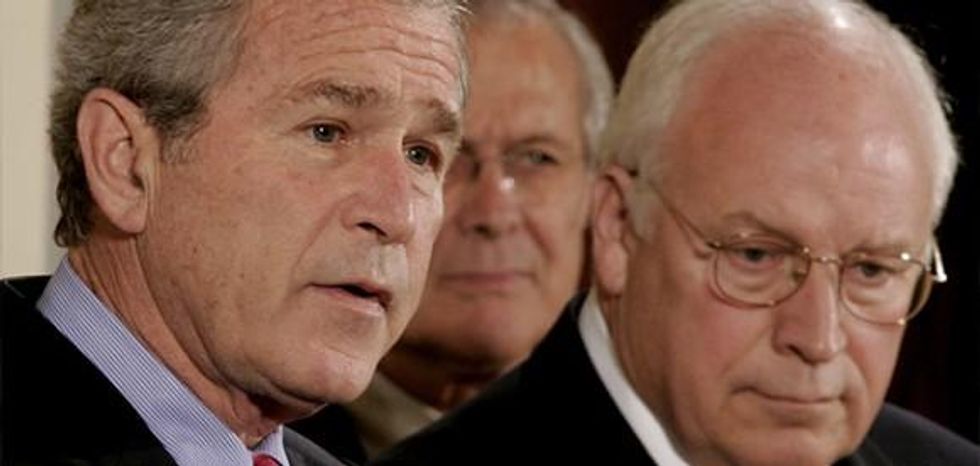
It’s not enough to be outraged. We must fight back.
What we’re seeing right now is an all-out attack on democracy taken straight out of the same authoritarian playbook used by rising autocrats throughout history. We’ve seen it all before, and we know where it all leads – unless enough people of goodwill stand up and speak out.
Everything we care about is in danger, and Common Dreams is fighting back by exposing their lies and corruption and lifting up the voices of those working to stop them. If you believe in our work, we need you now more than ever. Your gift of any amount helps support our independent and fiercely unafraid journalism.
 FORT MEADE, Md.
FORT MEADE, Md.